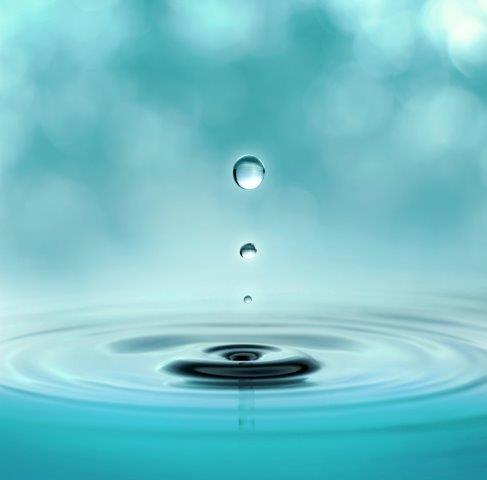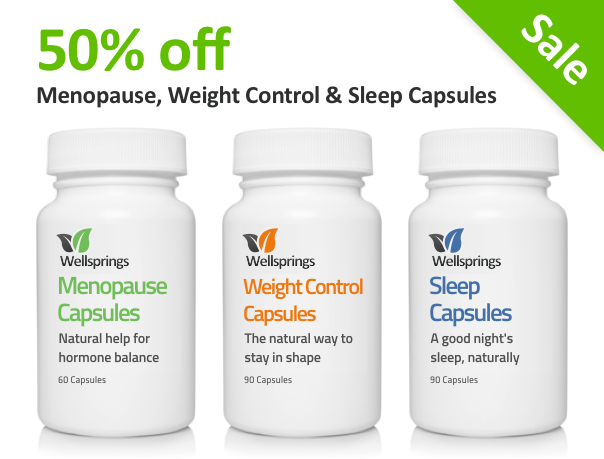Menopause and Bladder Control
It happens to most of us, and it’s no laughing matter.

As you go through menopause it may become harder to control your bladder. It’s a common issue, but it can be helped.
Why does menopause affect your bladder?
Your ovaries stop making oestrogen at menopause, though continue to do so in the fat cells of the abdomen, belly and thighs, and that is initially how your bladder is affected at menopause.
Declining oestrogen is one factor but there are others that occur at menopause.
- Your vaginal tissue becomes less elastic.
- The lining of your urethra, the tube that empties urine from your bladder, begins to thin.
- Your pelvic floor, the group of muscles that supports both your urethra and bladder, weakens.
What bladder issues might you have?
There are four that are most common that women face during and after menopause.
Stress incontinence is what you might notice first. You may lose a few drops of urine for the first time when coughing, sneezing or laughing.
Or you might notice leaking when you’re lifting something heavy or doing something that puts pressure on your bladder.
Urge incontinence occurs when the need to pee comes on fast and unexpectedly. You might not make it to a bathroom in time.
This is sometimes called an irritable or overactive bladder.
Nocturia is when you find yourself waking up several times in the middle of the night with an urge to pee.
Painful urination is a result of having more urinary tract infections after menopause.
They can give you a burning sensation while peeing.
What else can cause leakage?
Menopause isn’t always the reason why your bladder is acting up. Your muscles may have naturally weakened due to age. Or you might have had injuries as a result of giving birth.
Condition like diabetes or multiple sclerosis can cause nerve damage which in turn can also cause bladder problems.
Medications can also sometime be a cause too as some antidepressants and pain medications can keep your bladder from emptying.
Your doctor may be able to change your dose or prescription if this is the cause.
5 ways to help yourself
It depends on the type of incontinence you have, but small changes may help you regain control of your bladder.
1. Tighten your pelvic floor with Kegel exercises These involve repeatedly tightening and releasing your pelvic floor muscles for a few seconds.
You can get the idea of how to do them by stopping your urine, but don’t do that routinely, and not when actually peeing. If you block the flow of pee, it might lead to an infection. Aim to do three sets of 10 Kegels each day.
2. Watch what you drink because coffee, tea, soft and alcoholic drinks may cause your bladder to fill quickly, then leak.
3. Limit liquids later in the day especially if you usually wake at night needing to go to the bathroom.
Try to cut back during the evening, particularly stimulants like coffee and alcohol that can affect your bladder.
4. Keep a healthy weight because extra pounds put more pressure on your bladder.
5. Time your bathroom trips because if you make bathroom breaks on a set schedule — for instance, every hour — it can help you regain control of your bladder muscles.
Once you see improvement, try slowly extending the time you head to the toilet.
How’s it treated?
The range of options your doctor may suggest to you include antispasmodic drugs, vaginal oestrogen cream, ring or pessary.
If other treatments don’t work, your doctor may suggest an operation to lift your bladder or help support your urethra. This is best to treat stress incontinence, but it may not help if you have an overactive bladder.
Helpful information
One of the main causes for women experiencing bladder issues at menopause can be the increase in vaginal and urinary tract infections.
When progesterone is restored to normal physiological levels, and hormones come back into balance, then vaginal lubrication returns and this reduces the impact of urinary tract infections.
Also, it is not often realised how important your diet is when dealing with bladder issues, so the following article will be helpful.
https://anna.blog.wellsprings-health.com/food-and-drink-to-help-an-overactive-bladder/

















